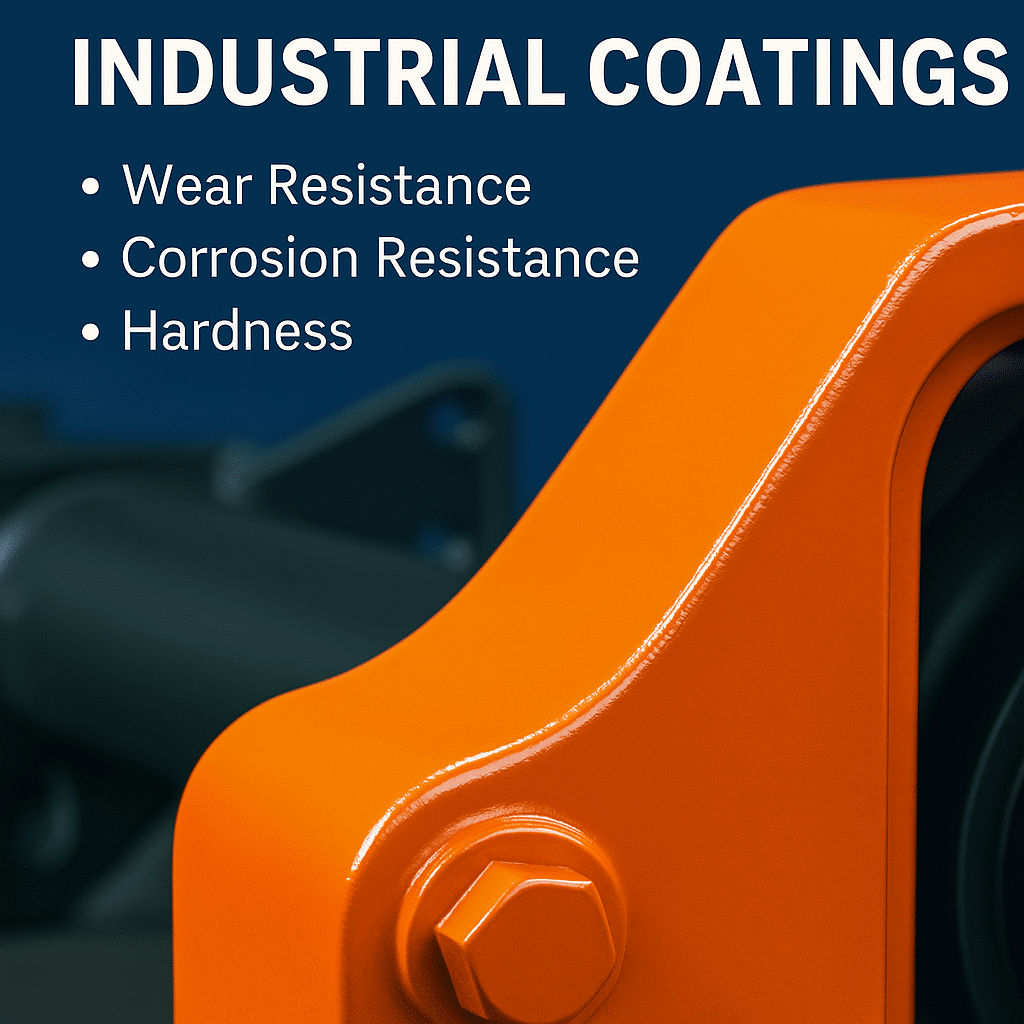Introduction to Epoxy Resins: Properties, Benefits, and Applications
Epoxy resins are versatile and durable materials known for their strength, adhesion, and chemical resistance. These thermosetting polymers are used in a wide range of industries, from construction and automotive to electronics and coatings. In this article, we will explore the fundamental properties of epoxy resins, their benefits, and the various applications that make them indispensable in modern manufacturing.

What Are Epoxy Resins?
Epoxy resins are a class of reactive polymers that cure through a chemical reaction with a hardener or curing agent. Once the resin hardens, it forms a strong, durable, and chemically resistant material. The combination of the resin and hardener creates a solid, cross-linked network that imparts excellent mechanical properties and stability.
Key Properties of Epoxy Resins
- Strength and Durability
One of the most notable properties of epoxy resins is their exceptional strength. Once cured, they create a rigid and durable material capable of withstanding mechanical stress, impact, and wear. This makes them ideal for applications requiring high structural integrity. - Adhesion
Epoxy resins are known for their strong adhesive properties. They form strong bonds with a wide range of substrates, including metals, plastics, ceramics, and glass. This makes them useful in industries such as construction, automotive, and electronics, where bonding different materials is crucial. - Chemical Resistance
Epoxy resins offer superior resistance to a variety of chemicals, including acids, bases, solvents, and oils. This property is particularly valuable in environments where exposure to harsh chemicals is common, such as in marine and industrial applications. - Electrical Insulation
Epoxy resins also serve as excellent electrical insulators, making them essential in electronics manufacturing for coating circuit boards and electrical components. Their ability to prevent electrical leakage ensures safe and efficient operation of electronic devices.
Benefits of Epoxy Resins
- Versatility
Epoxy resins can be tailored to meet specific performance requirements by adjusting the formulation. Whether it’s enhancing mechanical properties, chemical resistance, or curing time, epoxy resins offer unmatched flexibility. - Excellent Surface Finish
Epoxy resins provide a smooth, glossy finish that is highly resistant to scratches, stains, and UV degradation. This makes them ideal for coating and finishing applications, especially in consumer goods and automotive industries. - Low Shrinkage
During curing, epoxy resins exhibit minimal shrinkage compared to other materials, which helps maintain dimensional accuracy and reduces the risk of defects in the final product. - Enhanced Environmental Resistance
Epoxy resins can withstand exposure to environmental factors such as moisture, extreme temperatures, and UV radiation, ensuring long-term durability and reliability.
Applications of Epoxy Resins
- Construction
In the construction industry, epoxy resins are used for flooring systems, adhesive bonding, and structural reinforcement. Their ability to bond to various surfaces and resist wear makes them ideal for high-traffic areas and environments subject to harsh conditions. - Automotive
Epoxy resins are widely used in the automotive sector for manufacturing parts such as bumpers, trims, and body panels. Their strength and adhesion properties make them ideal for bonding materials and ensuring long-lasting, high-performance components. - Electronics
Epoxy resins are extensively used in the electronics industry to coat circuit boards, encapsulate electronic components, and provide insulation. Their electrical properties and resistance to environmental factors make them critical in ensuring the reliability and safety of electronic devices. - Coatings and Paints
Epoxy-based coatings are commonly used for their durability and resistance to chemicals, abrasion, and weathering. These coatings are applied in a variety of applications, including industrial machinery, pipelines, and even marine vessels. - Aerospace and Marine
The aerospace and marine industries rely on epoxy resins for composite materials used in aircraft and ship construction. The lightweight yet strong nature of epoxy resin composites enhances fuel efficiency and structural integrity.
Conclusion
Epoxy resins are indispensable materials that offer a unique combination of strength, adhesion, and chemical resistance. Their versatile properties make them essential in many industries, including construction, automotive, electronics, and coatings. Whether used for bonding, coating, or insulating, epoxy resins provide unparalleled performance that enhances the durability and reliability of products across various sectors.
For more about YQXPOLMER epoxy resin, please reach us at: sales@yqxpolymer.com, or +86-28-8411-1861.
Some pictures and texts are reproduced from the Internet, and the copyright belongs to the original author. If there is any infringement, please contact us to delete.



